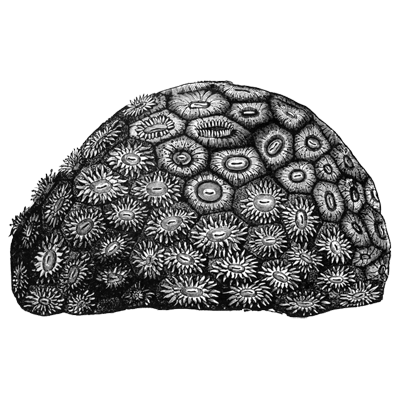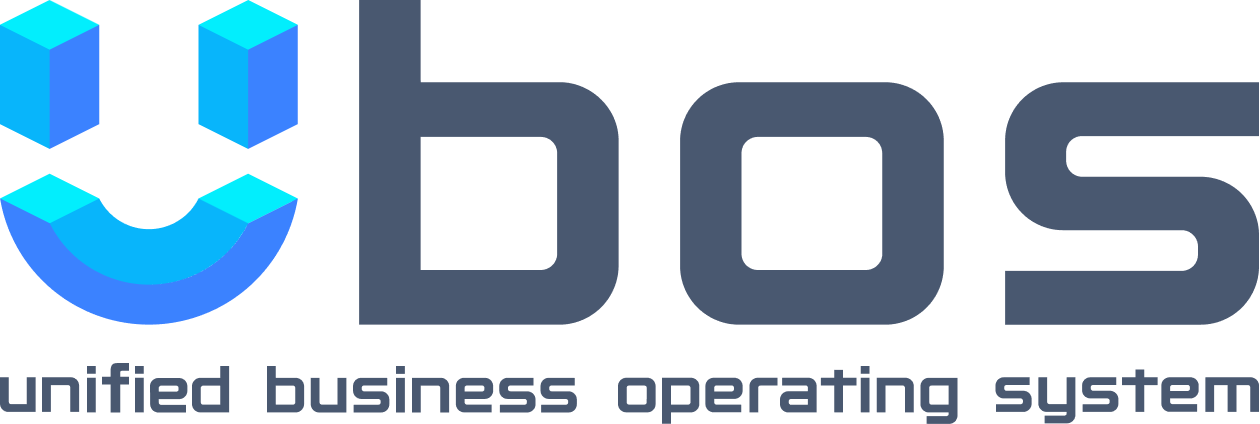A medical virtual assistant is helping dermatologists manage their workload. Clinics handle various skin conditions, from acne and eczema to skin cancer screenings. High patient volume makes scheduling and documentation difficult. Managing insurance claims and responding to patient inquiries also take time.
The American Academy of Dermatology (AAD) reports that over 50 million Americans experience acne each year. Additionally, 9,500 people in the U.S. are diagnosed with skin cancer daily. The demand for dermatology services continues to increase. Many clinics struggle with administrative work. A virtual healthcare assistant automates scheduling and record management. It also helps with patient communication and follow-ups.

Did You Know? Key Dermatology Facts
✔ Acne is the most common skin condition, affecting nearly 85% of people at some point in their lives.
✔ One in five Americans will develop skin cancer by age 70.
✔ Missed dermatology appointments cost clinics thousands of dollars each year.
✔ Medical virtual assistants reduce administrative workload by 40%.
A health virtual assistant helps dermatologists reduce scheduling errors and improve patient follow-ups.
Challenges Dermatology Clinics Face
Dermatology clinics manage patient appointments and inquiries daily. Many clinics also handle insurance claims and medical records manually. These tasks take time and reduce efficiency.
Common Issues in Dermatology Practices
📌 High Patient Volume – Dermatologists often see 30+ patients daily. Scheduling and follow-ups require careful coordination.
📌 Time-Consuming Administrative Tasks – Staff members spend hours handling records, appointments, and billing.
📌 Missed Appointments – Canceled or forgotten appointments lead to lost revenue and scheduling gaps.
📌 Insurance and Billing Delays – Verifying coverage and submitting claims cause administrative backlogs.
📌 Limited Staff Availability – Many clinics do not have enough staff to handle all patient interactions.
A virtual assistant medical solution helps clinics manage these tasks.
How Medical Virtual Assistants Support Dermatology Clinics
A medical virtual assistant helps clinics by managing scheduling, documentation, and patient interactions. It reduces workload and improves patient satisfaction.
- Scheduling and Appointment Management A virtual healthcare assistant automates scheduling and appointment confirmations. It reduces double bookings and last-minute cancellations. Automated reminders ensure that patients arrive on time.
- Managing Patient Inquiries Patients often contact clinics with questions about treatments, prescriptions, and skincare routines. A health virtual assistant answers common questions and provides general guidance.
- Organizing Medical Records A virtual assistant medical practice updates electronic health records (EHRs). It maintains accurate patient histories and treatment plans.
- Assisting with Insurance Processing A virtual assistant medical solution verifies insurance eligibility and submits claims. This reduces administrative delays and improves cash flow.
- Supporting Patient Follow-Ups Many dermatology treatments require follow-ups. A medical virtual assistant reminds patients about check-ups and prescription refills. Case Study: How Virtual Assistants Helped a Dermatology Clinic A 2023 study by the Journal of Telemedicine and Telecare examined how a dermatology clinic improved operations using a medical virtual assistant. The clinic served 500 patients per month. It faced scheduling issues, high no-show rates, and administrative overload. Clinic Performance Before and After Using a Medical Virtual Assistant Metrics
The clinic reduced missed appointments and improved efficiency. A virtual healthcare assistant allowed staff to focus more on patient care.
Did You Know? The Future of Virtual Medical Receptionist in Dermatology
✔ AI-powered medical virtual assistants are expected to be used in 70% of dermatology clinics by 2030.
✔ Clinics using health virtual assistants report 25% fewer missed appointments.
✔ Automated scheduling improves patient satisfaction by 35%.
✔ The market for virtual assistant medical practice solutions is growing by 30% per year.
A virtual assistant for medical practice helps dermatology clinics improve operations.

How Virtual Assistants Benefit Dermatologists
A physician virtual assistant helps clinics in multiple ways. It reduces administrative work and improves patient engagement.
✅ Less Time Spent on Paperwork – A virtual healthcare assistant updates records and tracks treatments.
✅ Better Patient Communication – A health virtual assistant handles reminders and follow-ups.
✅ More Organized Scheduling – A virtual assistant medical solution reduces booking errors.
✅ Lower Missed Appointment Rates – A virtual assistant medical practice ensures patients receive timely notifications.
These benefits help dermatologists focus on medical care instead of administrative tasks.
Conclusion: Virtual Assistants Are Transforming Dermatology Clinics
A medical virtual assistant is improving dermatology practices. It automates scheduling, manages patient records, and reduces administrative work. Clinics using virtual healthcare assistants report fewer missed appointments and better workflow.
Dermatologists benefit from health virtual assistants by saving time on administrative tasks. This allows them to focus more on patient care. As more clinics adopt virtual assistant medical practice solutions, efficiency in dermatology will continue to improve.
Is your dermatology clinic ready for a virtual assistant? Now is the time to explore this technology.
FAQs: Medical Virtual Assistants in Dermatology
- Are virtual assistants secure for handling patient data? Yes. Medical virtual assistants follow HIPAA regulations and ensure data security.
- Can a virtual assistant replace in-person staff? No. A virtual healthcare assistant supports staff but does not replace human interaction.
- How does a virtual assistant help with follow-ups? A health virtual assistant sends reminders for check-ups and prescription refills.
- Can a virtual assistant work with EHR systems? Yes. A virtual assistant medical connects with most electronic health record platforms.
- What is the cost of using a medical virtual assistant? Costs vary. Some virtual assistant medical practice solutions charge monthly, while others offer pay-per-use options.
Key Takeaways
✔ A medical virtual assistant helps with scheduling and patient communication.
✔ Virtual healthcare assistants reduce administrative work and improve workflow.
✔ A health virtual assistant manages medical records and billing support.
✔ Virtual assistant medical practice solutions lower missed appointment rates.






Top comments (0)